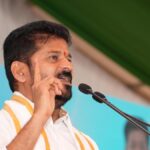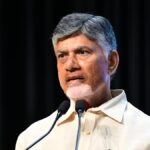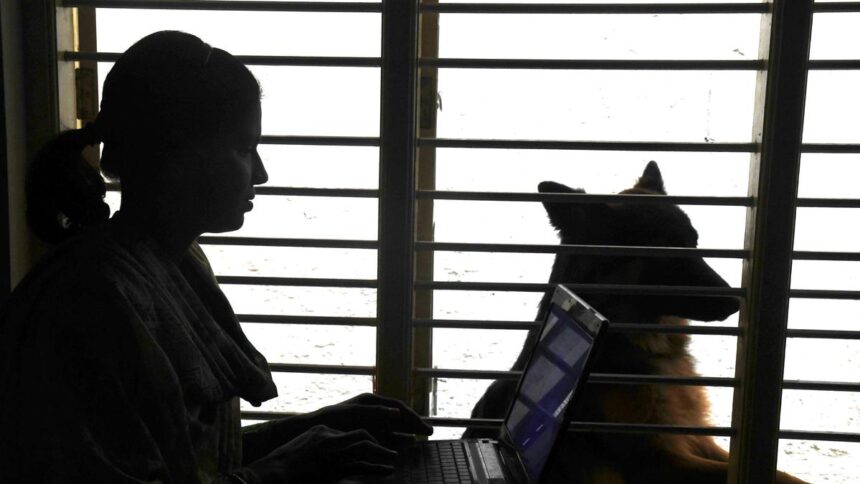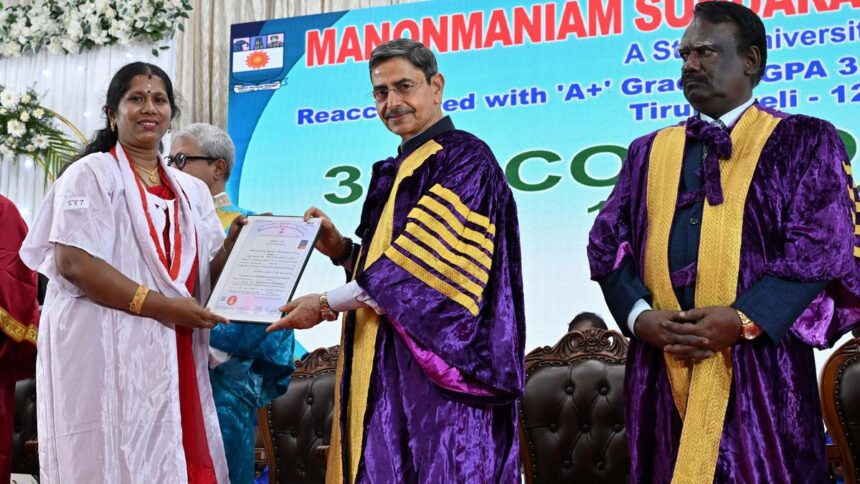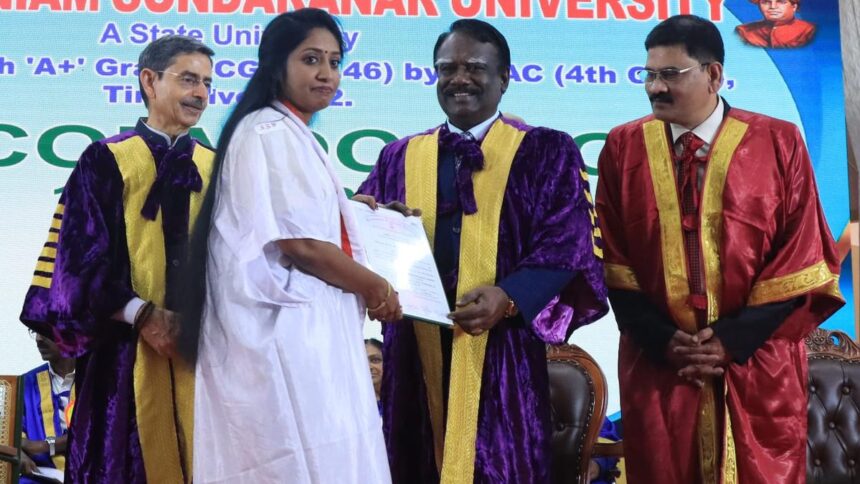Subrata Rakshit, Retired Distinguished Scientist and Director General, Defence Research and Development Organisation (DRDO), said, “Technology is evolving and diversifying without checks on speed or quality. It is becoming harder to understand, at the same time, it has become useful too.”
Delivering the plenary talk on ‘Technology Driven Capacity Challenges to Public Policy Formulations – a Relook at Education, Identity, Privacy, and Democracy’, during the inaugural session of the XX International Conference on Public Policy & Management, hosted by the Centre for Public Policy (CPP) from Tuesday to August 21 on the IIM Bangalore campus.
Understanding technology
“The other issues are related to informed consent, future impact, which is not understood or predictable…There is also the question of population yield – can everyone understand technology, or even want it? Dealing with superior intelligence, human or artificial, can be brutal,” he added.
Dr. Rakshit also noted that technology-driven advancements bring capacity challenges to public policy formulation in the realms of education, identity, privacy, and democracy.
“Data can be copied, edited or embedded, leading to information control, ownership, and transfer issues. Growth of digital identities is matched by growth of fears and frauds,” he said.
“Digital identities in cyberspace is a whole new game. This is where public policy has to come in. Policy making has to balance costs, benefits, and accountability. Verifiable biometrics like Aadhaar need to be understood and leveraged correctly,” he added.
Policy interventions critical
Observing that short-term benefits outshine long-term implications in democracy in the era of technology and AI, he emphasised that policy needs to control the dynamics of human-AI coevolution.
Stating that technology solutions may eliminate labor and service of humans, he said that unemployed humans cannot generate demand.
“This calls for policy level interventions beyond normal market dynamics. The history of human civilization has shown that the rich and learned often take control, leaving the weaker sections uncared for, which leads the society towards decline. To address these challenges, we need to compute solutions which are matched with the education system and fertility profiles. To build a multipolar model in which society has mobility and long-term stability, we all need to work together.”
Gopal Naik, chairperson, senior fellow and Jal Jeevan Mission chair-professor at the Centre for Public Policy, Rajalaxmi Kamath, chairperson, Internal Committee and faculty of Public Policy, and Arnab Mukherji, chairperson, Post Graduate Programme in Public Policy and Management, and faculty of the Public Policy spoke at the event.
Rusha Das, faculty of the Public Policy area and Maya Ganesh, faculty of the Production and Operations Management area, led two pre-conference workshops related to methods and approaches to Public Policy Research.
Published – August 20, 2025 12:20 am IST







